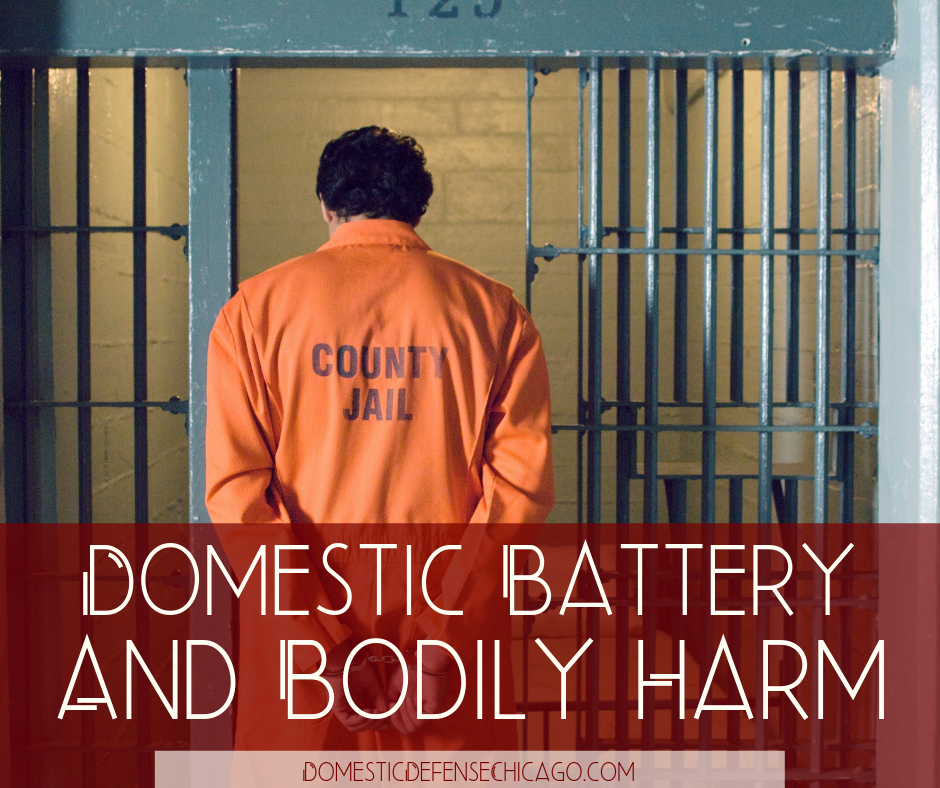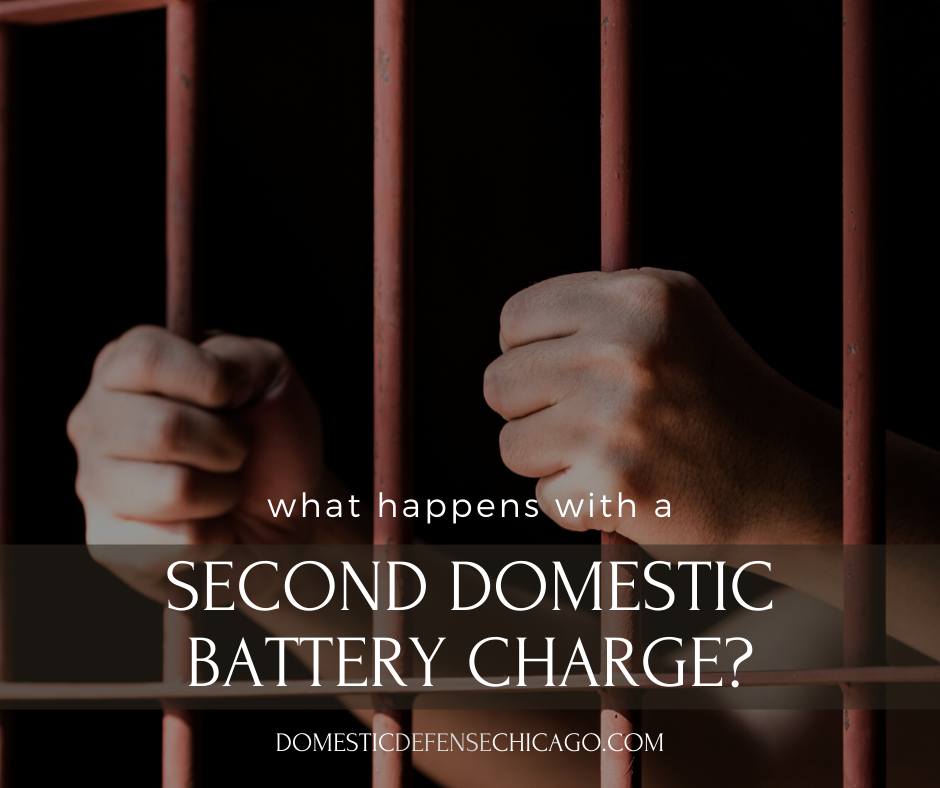Consequences of Domestic Battery

Domestic battery is a serious crime with severe consequences that can impact various aspects of an individual’s life. A conviction for domestic battery can result in criminal penalties, civil repercussions, and long-term consequences that extend beyond the legal system.
Criminal Penalties
The penalties for domestic battery vary depending on the severity of the offense, the jurisdiction, and the offender’s criminal history. However, common penalties include:
- Fines: Domestic battery can result in hefty fines, ranging from hundreds to thousands of dollars, depending on the severity of the offense and the jurisdiction.
- Jail Time: Depending on the circumstances, domestic battery can lead to jail sentences ranging from a few days to several years. In some cases, repeat offenders may face more severe penalties, including mandatory jail time.
- Probation: Instead of jail time, a judge may impose probation, which involves a period of supervised release with specific conditions, such as anger management classes, counseling, or community service.
- Protective Orders: In many cases, a court may issue a protective order, which restricts the abuser’s contact with the victim. This can include limitations on visiting the victim’s home, workplace, or children’s school.
Civil Repercussions
Beyond criminal penalties, domestic battery can also lead to civil repercussions, including:
- Civil Lawsuits: Victims of domestic battery may file civil lawsuits against their abusers for damages, such as medical expenses, lost wages, and emotional distress.
- Loss of Custody: In cases involving children, a domestic battery conviction can impact custody arrangements. The court may restrict the abuser’s visitation rights or even grant sole custody to the non-abusive parent.
- Loss of Housing: Landlords may evict tenants convicted of domestic battery, especially if the offense occurred on the property.
Impact on Employment and Other Aspects of Life
A domestic battery conviction can significantly impact an individual’s employment opportunities, housing options, and social relationships.
- Employment: Many employers conduct background checks that include criminal records. A domestic battery conviction can make it difficult to find employment, particularly in fields that require security clearances or work with vulnerable populations.
- Housing: Landlords may be reluctant to rent to individuals with a domestic battery conviction. This can make it challenging to find affordable and suitable housing.
- Social Relationships: A domestic battery conviction can damage an individual’s social standing and lead to strained relationships with family, friends, and community members.
Resources for Victims of Domestic Battery, Domestic battery meaning
If you or someone you know is a victim of domestic battery, there are resources available to provide support and assistance.
- Shelters: Domestic violence shelters offer temporary housing, safety, and support services for victims and their children.
- Legal Aid: Legal aid organizations provide free or low-cost legal services to victims of domestic battery, including assistance with protective orders, custody arrangements, and criminal proceedings.
- Counseling: Therapists and counselors specialize in working with victims of domestic violence to address trauma, emotional distress, and develop coping mechanisms.
Prevention and Intervention: Domestic Battery Meaning

Preventing domestic battery and intervening effectively in such situations are crucial steps in addressing this pervasive issue. A multi-faceted approach involving community initiatives, educational programs, and robust responses from law enforcement and social services is essential to achieving meaningful change.
Community Initiatives and Educational Programs
Community-based initiatives and educational programs play a vital role in preventing domestic battery by promoting healthy relationships, fostering awareness about domestic violence, and empowering individuals to seek help.
- Public Awareness Campaigns: These campaigns aim to educate the public about domestic battery, its prevalence, and the resources available to victims and perpetrators. Public service announcements, social media campaigns, and community events can raise awareness and encourage reporting.
- Bystander Intervention Training: Bystander intervention programs equip individuals with the knowledge and skills to safely intervene in situations where domestic violence may be occurring. These programs teach participants how to recognize warning signs, de-escalate situations, and connect victims with resources.
- School-Based Programs: Integrating healthy relationship education into school curricula can help young people develop positive communication skills, understand the dynamics of healthy relationships, and learn to identify and address abusive behaviors.
- Community Partnerships: Collaboration between schools, community organizations, law enforcement, and healthcare providers can create a comprehensive network of support for individuals affected by domestic violence.
Law Enforcement and Social Services
Law enforcement and social services play critical roles in responding to domestic battery incidents and providing support to victims.
- Prompt and Effective Response: Law enforcement agencies must respond swiftly and effectively to domestic battery calls. This includes investigating the incident thoroughly, arresting perpetrators when appropriate, and providing victims with information about available resources.
- Victim Advocacy: Social services agencies provide crucial support to victims of domestic battery, including counseling, legal advocacy, and assistance with safety planning.
- Perpetrator Intervention: Law enforcement and social services agencies often collaborate to develop programs for perpetrators that address underlying issues such as anger management, substance abuse, and relationship skills.
Intervention Programs
A variety of intervention programs are available for perpetrators and victims of domestic battery. These programs aim to address the underlying causes of violence, promote accountability, and support victims’ healing.
- Perpetrator Treatment Programs: These programs use a variety of therapeutic approaches to help perpetrators understand the dynamics of domestic violence, develop healthier coping mechanisms, and learn non-violent ways of resolving conflict.
- Victim Support Services: These programs provide victims with a safe space to heal from trauma, develop coping strategies, and access legal and financial assistance.
- Domestic Violence Courts: Specialized courts handle domestic violence cases, offering victims support and protection, while holding perpetrators accountable for their actions.